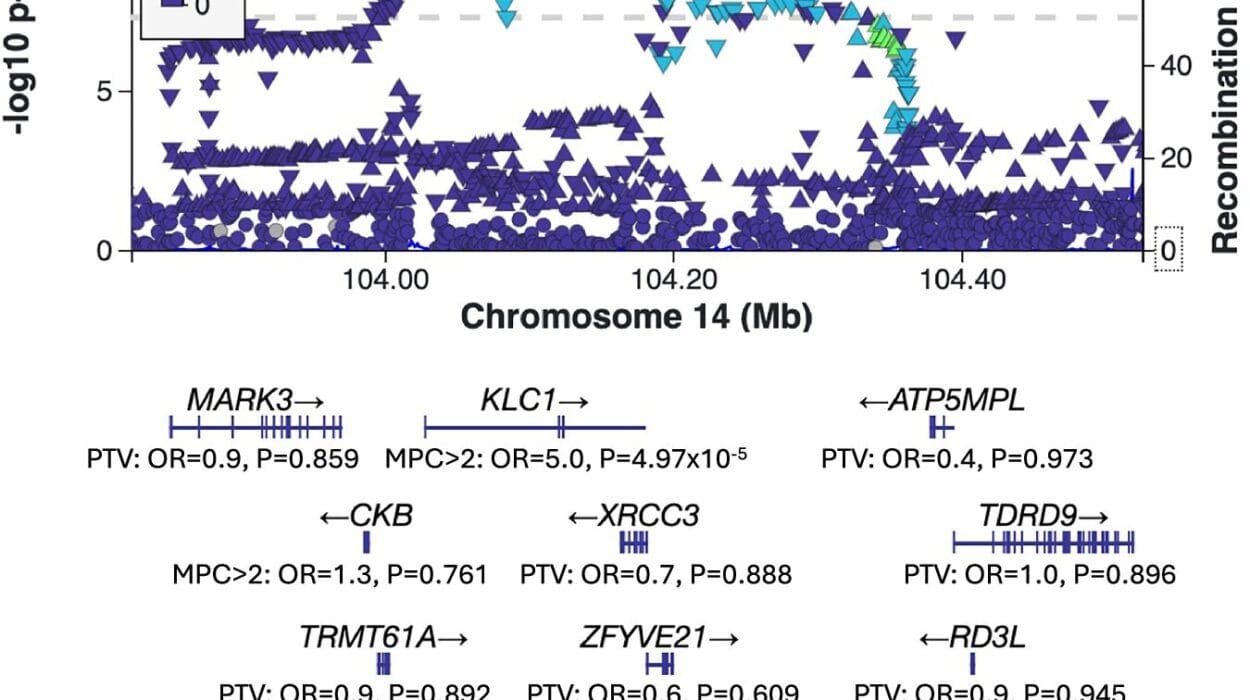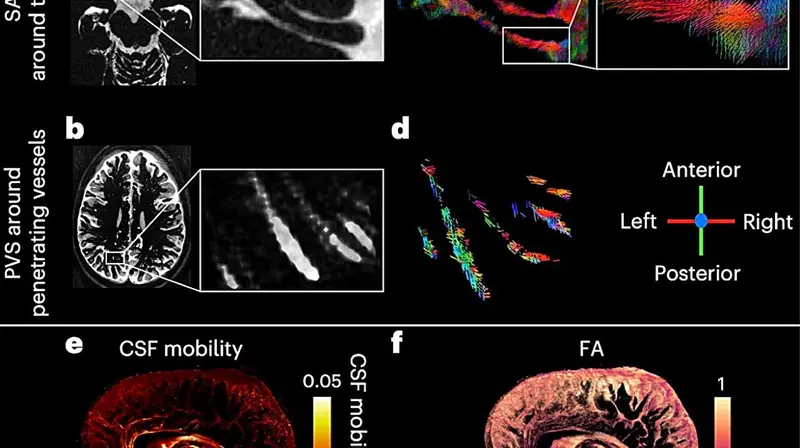For decades, aspirin has stood as the gold standard in heart disease prevention. Cheap, familiar, and widely prescribed, it’s often the first weapon in a cardiologist’s arsenal to protect patients against life-threatening events like heart attacks and strokes. But a new study published in The BMJ suggests the tide may be turning. Enter P2Y12 inhibitors—a newer class of anti-clotting drugs that may outperform aspirin in protecting the heart, without increasing the risk of major bleeding.
The Heart of the Matter: What Are P2Y12 Inhibitors?
Before we dive into the results, let’s set the stage. P2Y12 inhibitors, such as clopidogrel and ticagrelor, are platelet inhibitors. They work by blocking a receptor on the surface of platelets, preventing them from clumping together and forming harmful blood clots—clots that can block arteries and cause heart attacks or strokes.
These drugs are already familiar to many heart patients. After undergoing a procedure called percutaneous coronary intervention (PCI)—where doctors insert stents to open clogged arteries—patients are commonly prescribed a combination of aspirin and a P2Y12 inhibitor. This “dual antiplatelet therapy” significantly reduces the risk of clot formation in the stented artery.
Traditionally, this combination is used for several months, after which patients are transitioned to lifelong aspirin therapy. But what if sticking with the P2Y12 inhibitor alone was actually better for long-term protection?
The Study That Shook the Status Quo
To answer this very question, researchers pulled together individual patient data from five major randomized clinical trials involving over 16,000 people across different continents. These patients had all undergone PCI and completed their course of dual therapy. The researchers compared what happened when patients were switched to either a P2Y12 inhibitor alone or to aspirin alone.
The results were striking.
Over an average follow-up period of four years, those who stayed on the P2Y12 inhibitor had a 23% lower risk of experiencing a combination of cardiovascular death, heart attack, or stroke compared to those on aspirin. Even more reassuring? This came without any increase in the risk of major bleeding, one of the most feared complications of blood thinners.
What Does That 23% Mean in Real Life?
Here’s where statistics meet people. For every 46 patients treated with a P2Y12 inhibitor instead of aspirin, one cardiovascular event was prevented. That may not sound dramatic at first glance, but in the world of population health and preventive medicine, it’s significant. For cardiologists managing hundreds or thousands of patients, these numbers add up—and quickly.
When researchers looked at individual outcomes, they found that heart attacks and strokes were particularly reduced with the P2Y12 inhibitor therapy. However, all-cause death, cardiovascular-specific death, and stent thrombosis rates were similar between the two treatments.
Safety Without Compromise
One of the key arguments for aspirin’s continued use has always been its relatively low risk and long history. But blood thinners of any kind carry the potential for bleeding—especially in older adults or those with other medical issues.
So, could switching from aspirin to a newer drug increase that risk?
According to the study, no.
There was no statistically significant increase in major bleeding among those taking P2Y12 inhibitors compared to aspirin. That finding alone is enough to turn heads in cardiology clinics worldwide. Safety and superior protection? That’s the sweet spot every physician hopes to hit.
Limitations: No Study Is Perfect
Of course, no clinical research is without its caveats. In this case, the researchers needed to make some adjustments to standardize data across the five different trials. Each trial had its own design quirks, and while combining them provides a powerful overall picture, it also introduces potential for variability.
Additionally, the study’s population—average age 65 and just 24% women—doesn’t perfectly mirror the real-world diversity of heart disease patients. That means the findings, while promising, may not apply equally to all patients.
Yet, the consistency of results across different subgroups—including age, sex, region, smoking history, and prior medical conditions—adds weight to the conclusions. The findings held up even after adjusting for those factors.
Medium-Term Gains… But What About the Long Run?
While the benefits of P2Y12 inhibitors seem clear over a few years, there’s still an open question about what happens beyond that. The study’s follow-up lasted around four years, but heart disease is a lifelong condition. Could the benefits of P2Y12 inhibitors wane over time? Might the risk of bleeding increase with long-term use?
In an editorial accompanying the study, researchers cautioned that “medium-term efficacy does not necessarily extend lifelong.” In other words, while the results are exciting, we’re not ready to throw aspirin out with the bathwater just yet.
What This Means for You
If you or a loved one has undergone PCI or is taking medications to prevent heart attacks or strokes, these findings are worth discussing with your doctor. While treatment decisions should always be individualized, this study adds a powerful piece to the puzzle of secondary prevention—the strategy of preventing a second heart attack or stroke in people who have already had one or are at high risk.
The days of defaulting to aspirin for life may be numbered. Instead, more nuanced, personalized choices are likely to become the norm.
The Call for a Global, Long-Term Trial
The study authors and editorial writers agree on one thing: we need more research. Specifically, a large-scale, globally representative trial that directly compares different monotherapy strategies, including aspirin, P2Y12 inhibitors, and even the option of stopping medication altogether in some cases.
Such a trial would help clarify not just which drug works best, but for whom, and for how long. It would also provide clearer answers about potential risks in very long-term use—critical information for patients expected to take these drugs for decades.
A New Era in Heart Disease Prevention?
This research could mark a turning point in how we approach blood-thinning therapy after heart procedures. Aspirin may still have a role, particularly in certain patients or situations, but its long reign as the default option is now being challenged by compelling data.
P2Y12 inhibitors—once the sidekick in dual therapy—may now be ready to step into the spotlight.
As with all medical breakthroughs, the path forward should be guided by evidence, experience, and individual care. But for now, patients and doctors alike have one more reason to revisit old assumptions and explore new possibilities in the ongoing fight against heart disease.
Reference: P2Y12 inhibitor or aspirin after percutaneous coronary intervention: individual patient data meta-analysis of randomised clinical trials, The BMJ (2025). DOI: 10.1136/bmj-2024-082561






